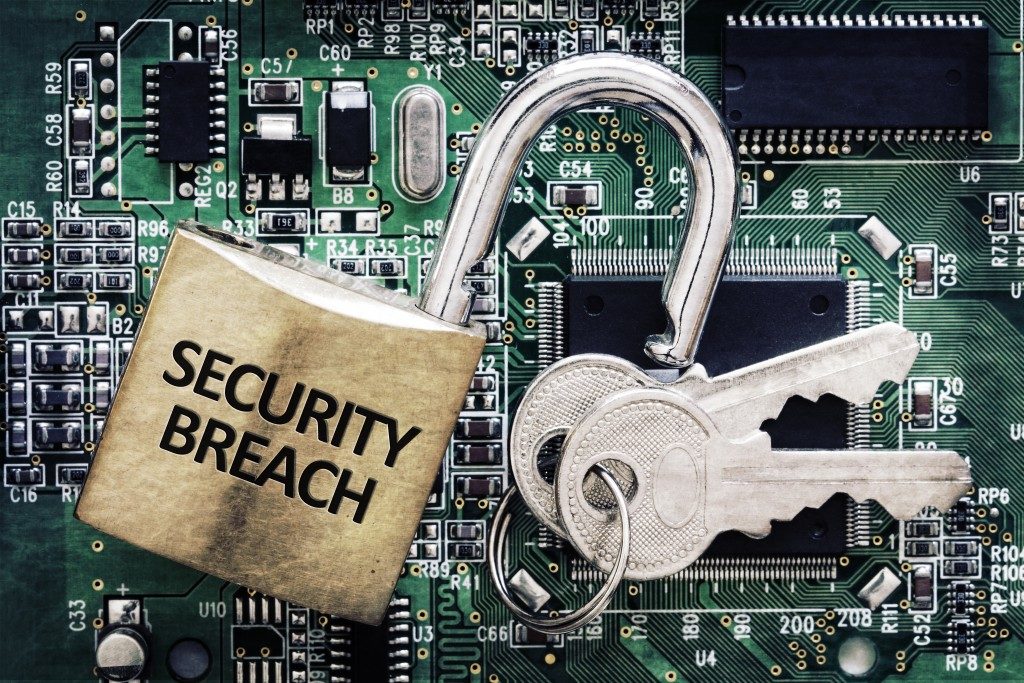
Hacking and phishing have evolved from being movie plot devices into real-life concerns for Australian business owners. This is increasingly evident as the online tech industry predicts the increase in mobile malware, digital assaults and caller ID spoofing. Cybercriminals are finding sneakier ways to hack and phish so now is the right time to pay more attention to cybersecurity.
Network technologies are also constantly evolving – it is an evolution that hackers closely monitor. You don’t want them to be one step ahead of you or your network security system.
The first step you can take to reduce security risks and eliminate hacking threats is to conduct regular network performance tests. In addition to this, you have to school your employees on ways to stay secure during business-related online activity.
Regularly Update Passwords
Many people would rather stick with one password for a long time and across different online accounts because, perhaps, it is easier to remember. But this is one of the most common ways for cybercriminals to collect information about you and commit online fraud or identity theft.
Cybercriminals use a technique called credential stuffing where they attempt to gain access to various online accounts of the same person by reusing user/password combinations. Prevent this from happening to your team by encouraging them to use different passwords for accounts on different websites or apps – and then regularly updating their passwords.
Think Twice Before Clicking Links in Emails
Hackers may attempt to harvest information under the guise of important emails. They may send emails that seem to be from trusted organisations, encouraging you to click a link – these unsafe links may cause you to download malicious software that they can use to gather sensitive information.
Alternatively, hackers might send emails – again, mimicking the email format of legitimate organisations – that directly ask for information. They then use ‘system updates’ or ‘account confirmations’ as an excuse to gather this information. Remind your team to be vigilant about these emails.
Be Cautious about Incoming International Calls
Be wary of unsolicited international calls from unknown mobile numbers – be extra vigilant when you have business partners abroad who you schedule regular calls with. Some scammers will call once from an international mobile number and not leave a message as a way for you to call them back.
They use this tactic to keep you on the line as long as possible while they hack into your system and gather sensitive information. For this reason, remind your team to think twice before answering international calls from unknown mobile numbers.
Don’t Wait Until You Have Proof

For some people, to see is to believe. But cybercriminals are constantly finding ways to hack and phish without you being aware. They are getting more creative with the way they hack online accounts and illegally gather information. As such, cybercrime has been steadily growing.
Don’t wait for proof that you’ve been hacked before putting up your guard. Save your business from malicious hacking or phishing attempts by encouraging your team to be more vigilant about their online activities.






